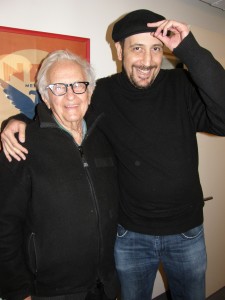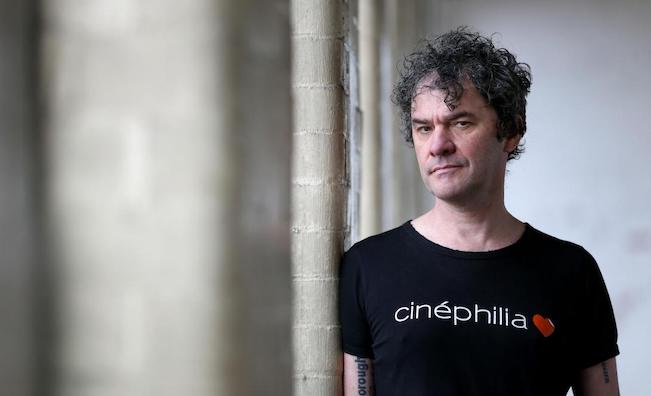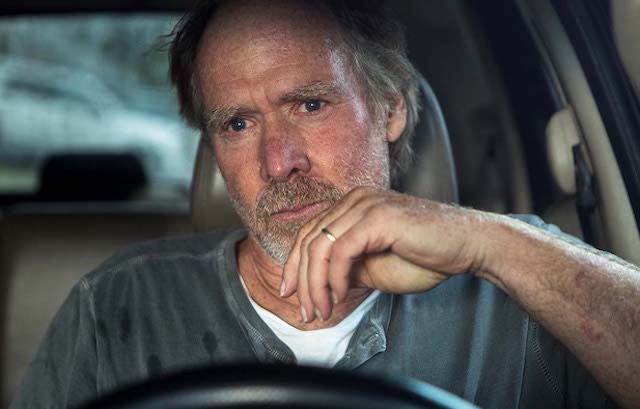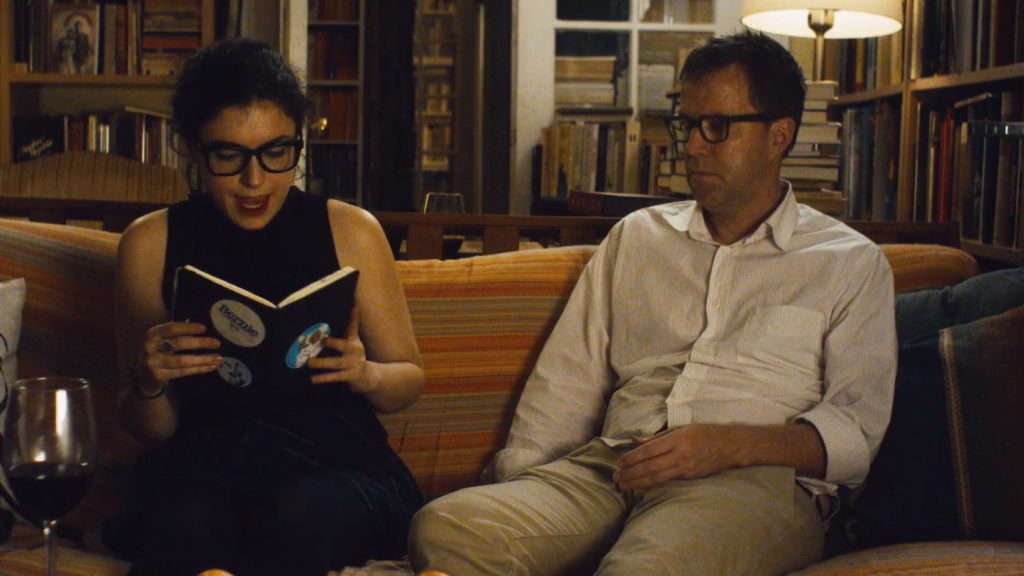
[Article first appeared: http://www.pbs.org/pov/blog/2011/11/albert-maysles-bradley-kaplan-the-love-we-make-paul-mccartney-documentary.php]
Recently I’ve been running into Albert Maysles all over New York City. There was the interview, which was the catalyst for this piece, of course. Then there was the chance encounter in the subway station where he stopped and chatted with anyone who wanted to interact with him. There was the special screening of “Salesman” (POV, 1990) up at the Maysles Cinema on Lenox Avenue in Harlem. At a DOC NYC screening of “Better Than Something: Jay Reatard“, a film co-directed his editor Ian Markiewicz, I passed Maysles on the subway steps at West 4th Street as he was making his way up to the IFC Center. If not for the fact that I had to get home, he was ready to bring me into the theater as his guest.
His latest film (with artistic partner Bradley Kaplan), which opened at Film Forum in New York, is “The Love We Make”.
Maysles, who turns 85 on November 26, 2011, is still an incredibly vital filmmaker and shows few signs of slowing down. The lesson when meeting him is, don’t be fooled by his soft-spoken demeanor. He’s a prolific and generous individual who still finds great pleasure in the work he’s been doing for over 60 years. When asked during the post-screening Q&A of “Salesman” who are his current favorite documentary filmmakers are, he didn’t hesitate to answer: those students currently working at the Maysles Institute.
For many years Albert Maysles’ creative partner was his brother David. David died almost 25 years ago, and it should be noted the pair also maintained a significant collaboration with editor Charlotte Zwerin (“Gimme Shelter”, “Salesman”). About five years ago, a friend who worked for Maysles suggested a young documentary filmmaker named Bradley Kaplan come down and meet with him at their Harlem offices.
“I had nothing to pitch,” Kaplan laughs at his recollection. As he describes it, “towards the end our meeting Al leans in real close, and says, ‘So, what are we going to do together?'” Five years later, Kaplan is president of Maysles Films.
Together the two have collaborated on “The Love We Make”, a “making of” documentary about Paul McCartney’s efforts to put together The Concert for New York City after the devastation of 9/11. McCartney happened to be in a New York airport that fateful day. When he learned about what had happened, he felt compelled to help in some significant way. New York City was always a favorite city for McCartney going back to the days of The Ed Sullivan Show.
Having been friends with Maysles — the two collaborated on the 1964 Beatles documentary “What’s Happening! The Beatles in the USA” — McCartney reached out to his old friend asking him to basically create a making-of doc.
Co-director Kaplan describes that first meeting saying, “Paul says to Al, ‘Al, I trust you and love you, make your film.’ Then he turns to me and he says, ‘And if Al trusts you and loves you, then so do I. Make your film.’ Now, I knew he could say that to Albert, but he doesn’t owe me anything. The fact that Paul would be that confident and gracious and generous, given where he is in both his personal and professional life… it’s extraordinary.”
And his reaction to the finished product? “We took him to a little screening room in Manhattan,” says Kaplan. “There was just a small group of people there, very intimate. I intentionally didn’t want to sit next to Paul because I would’ve been nervous the whole time. Instead, I sat in front of Paul next to his long-time attorneys Lee and John Eastman. Wonderful folks. So, I’m sitting a few rows ahead and when the lights come up I turn around and I could see Paul was visibly moved. You could see it in his eyes. He stands up and gives Al a big hug, he calls me over and gives me a big hug, and Ian [Markiewicz, editor on “The Love We Make”] a hug. And he’s like, ‘Wow, you guys…’ And he said something that I usually say to Al about his work. He said, ‘You left all the edges in.’ And I thought, that’s it, we made our film.”
Everyone agrees on one thing: Maysles has a unique touch and one that makes his films especially distinctive. People who have worked with him have described his filmmaking style as both empathetic and generous. To what does Maysles attribute his creative success? He described his early childhood as being especially painful. “There were years when I could barely talk,” he says. “It’s associated now with A.D.D. I had to repeat kindergarten because I never said anything. So I was an early practitioner of listening. Listening and watching. Another thing about A.D.D. is that when it gets intense, I can focus much more carefully on what’s going on. So, I’m a very good observer. And patient.”
“There are several words I like to use in describing what’s special about what I do: ‘humanize,’ ’empathize,’ and ‘capture the experience.’ That experience may then become the experience for the viewer. You have an intimate connection based on mutual understanding. At the end of the film you know a hell of a lot more about that person. It’s called direct cinema. What could be more direct than to experience someone else’s experience?”
Maysles cites the opening sequence of his classic “Salesman”, as an example. In that scene, the salesman is doing his best to pitch to a nonplussed potential customer into buying a bible. The housewife, who is holding a toddler on her lap, cites being too financially strapped. At that point the child climbs down and walks over to the piano and starts playing some notes. The pitch is over, the salesman thanks her and leaves.
“It’s exactly the mood of Salesman”, says Maysles. Clearly he has always prized the smaller moments that, in their simple way, reflect what is most true about life.
His style works well even with a subject like Paul McCartney, who has been one of the most famous people in the world for close to 50 years. When it comes to McCartney’s celebrity and public persona, he’s a machine. So, just how do you penetrate that and peer inside to the soul of the man?
“Well, it helps when your subject asks you to do the film”, says Maysles.
Kaplan adds, “I think that one of the things that makes Albert so special, as a person, not just as a filmmaker, is his ability to completely share of himself and to be completely vulnerable. Albert never makes the film a Maysles Film above his subject. If you allow people in, celebrities and non-celebrities alike, to really let them in, then they will let you in.”
The power of a Maysles film, be it “Salesman”, “Grey Gardens” or “The Love We Make”, are in the most human moments. Maysles adds, “When you realize what you can do with a documentary, you can be there with your camera wherever the story unfolding. You have the capacity to capture it and, really, change the world. We are at war at the moment because we didn’t know any better. And we’re not at peace because there’s no one out there telling us how to get there and what it’ll be like. It’s all a matter of making a documentary. To this day I don’t know a single Iraqi family. Not one. Had I seen one documentary about an Iraqi family it would have made me a lot more interested in their welfare.”
“The Love We Make” is screening in New York City at Film Forum and continues to air on Showtime.





